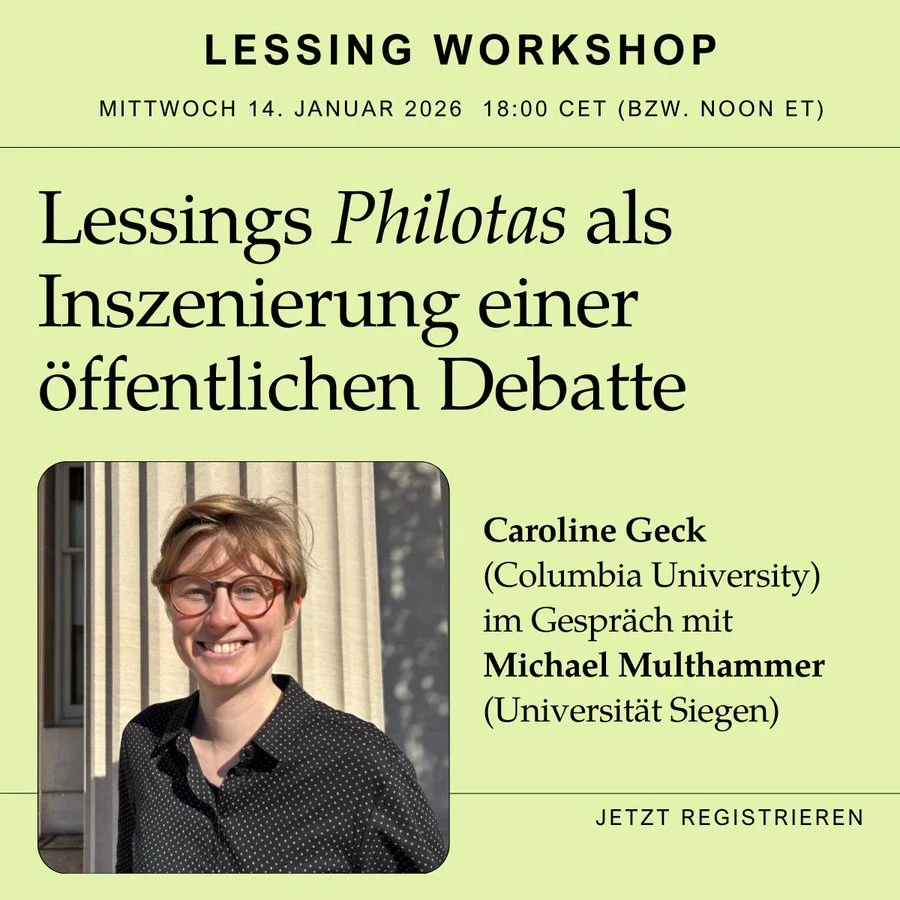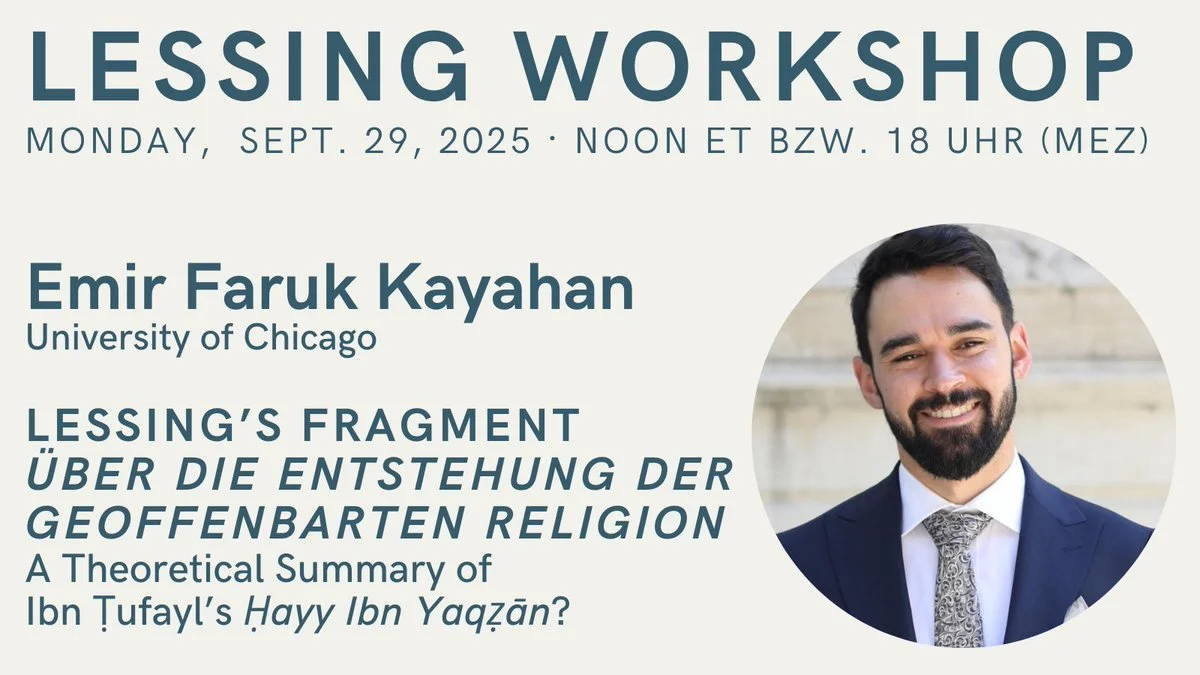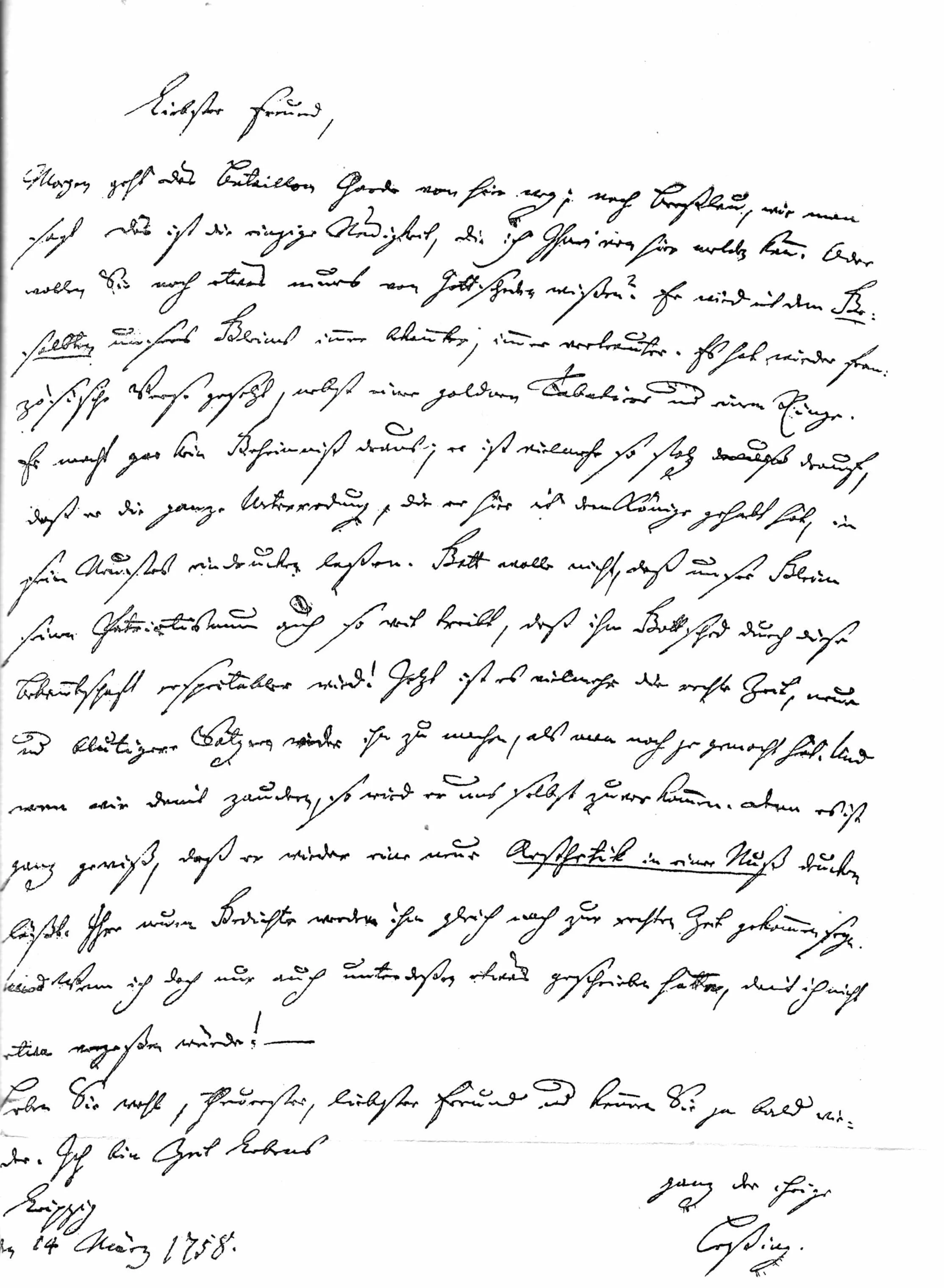
Conferences
Workshops
Tagungen
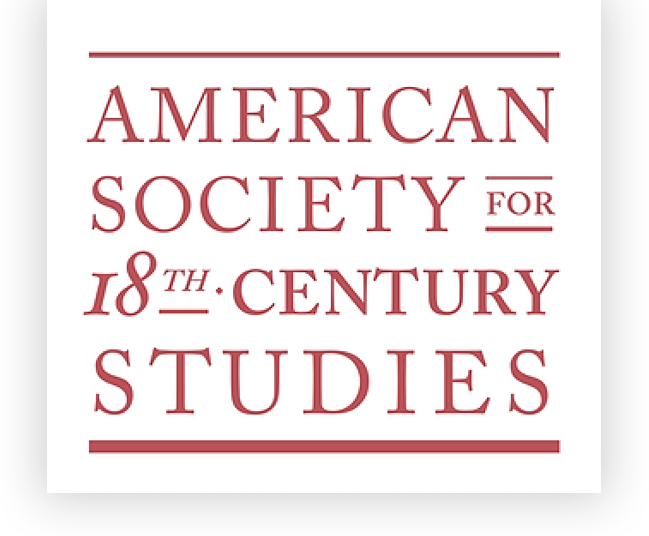
American Society for Eighteenth-Century Studies 2026
Lessing’s Materials/Materialities (sponsored by the Lessing Society)
Thursday, April 9, 2026
2:30 PM - 4:00 PM
Session Chair
Mary Helen Dupree, Georgetown University
Presentations
The Performative Agency of Rings in Lessing’s “Minna von Barnhelm” (1767)
Meryem Deniz, Dartmouth College
Lessing as Editor: Discovering, Acquiring and Writing Marginalia for a New Edition of Defensio Trinitatis
Eleonora Travanti, Forschungszentrum Gotha der Universität Erfurt
A few good (and honorable) (wo)men?!
Isabell Alice Meske, Independent Researcher
Material Traces of Metastasio’s German Reception in the Herzog August Bibliothek
Glen Gray, Johns Hopkins University
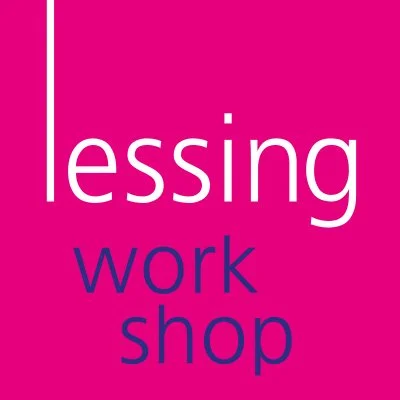
Lessing Workshop: Caroline Geck
Wir laden Sie herzlich zum ersten Lessing-Workshop des Jahres 2026 ein!
Seit 2023 bietet der Workshop der internationalen Lessingforschung ein Forum zur Diskussion neuer Publikationen und laufender Forschungsprojekte. Er wird von der Lessing Akademie und der Lessing Society veranstaltet und von Hannes Kerber und Thomas Martinec organisiert.
Am Mittwoch, den 14. Januar, wird Caroline Geck (Columbia University) ihr unveröffentlichtes Paper Lessings Philotas. Ein Trauerspiel als Inszenierung einer öffentlichen Debatte vorstellen. Sie schreibt über das Projekt: „In diesem Paper frage ich, wie Lessings Einakter Philotas durch den Einsatz von Mehrdeutigkeit und Ambiguität Publikumsreaktionen provoziert und eine produktive öffentliche Debatte über die Ideale zeitgenössischer Kriegspropaganda inszeniert.“
Wir treffen uns am Mittwoch, den 14. Januar, um 18:00 Uhr (mitteleuropäischer Zeit) bzw. 12:00 PM (Eastern Time) via Zoom. Michael Multhammer (Universität Siegen) hat sich freundlicherweise bereit erklärt, die Veranstaltung zu moderieren.
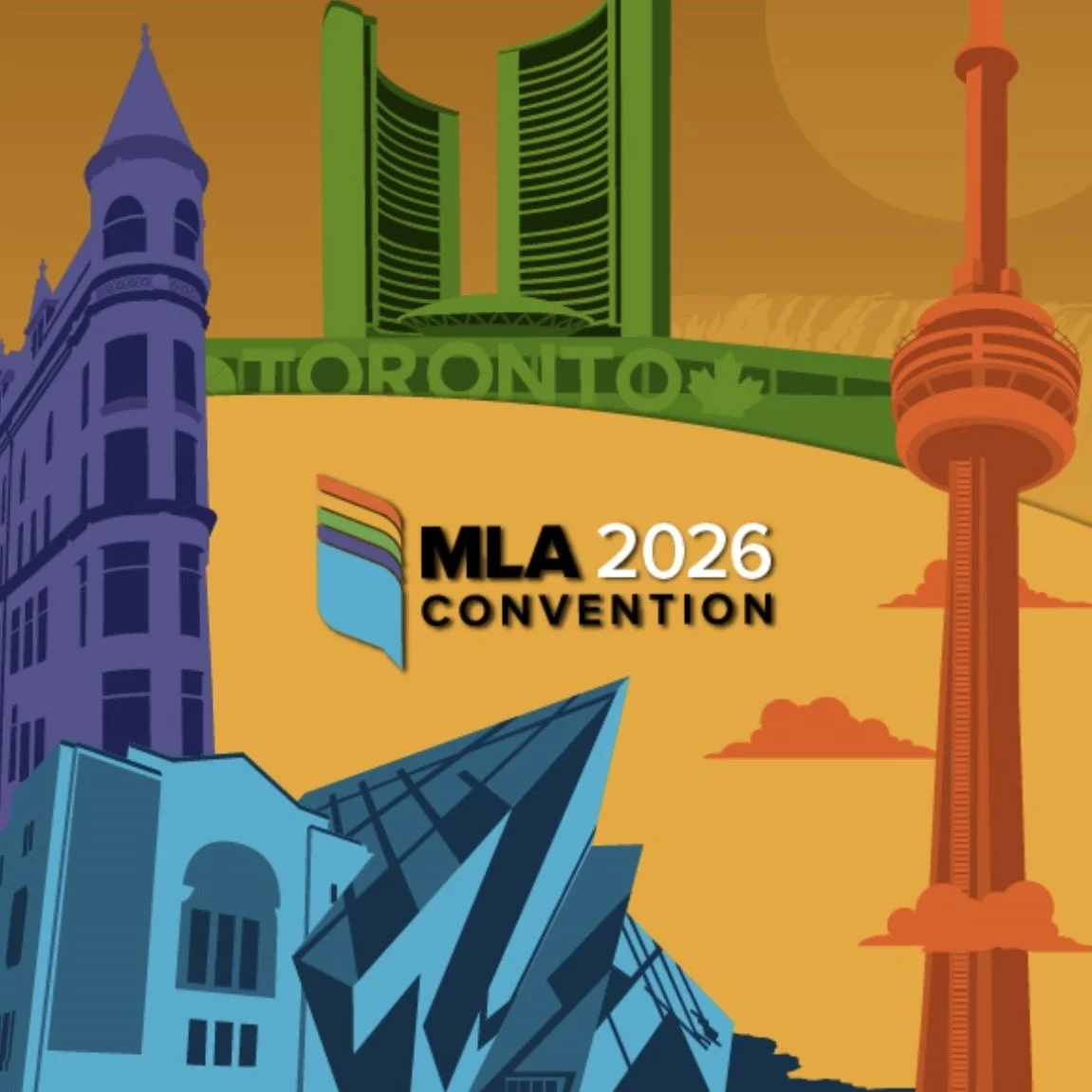
Modern Language Association 2026
151 - Fluid Media, 1750–1850: Surface, Matter, and Form(lessness)
Thursday, 8 January 2026, 7:00 PM - 8:15 PM
Presider
Austen Hinkley (Yale U)
Respondent
Ella Wilhelm (U of Michigan, Ann Arbor)
Presentations
‘Eine Welle, versteinert im Augenblicke’: Goethe’s Fluid Media
Tove Holmes (McGill U)
Goethe’s and Schelling’s Project of Morphology as Philosophical Fluid Dynamics
Matteo Zupancic (U degli Studi di Pisa)
Eloquent Surfaces: Mediality and Liquidity in Goethe, Hegel, and Stifter
Alexander Sorenson (Binghamton U, State U of New York)
Wellenschreiber: Media Histories of the Early Modern Seascape
Sandro Paul Heidelbach (Yale U)
Session Information
Allied Organization: G. E. Lessing Society

Lessing Workshop: Emir Kayahan
Please join us for the first Lessing Workshop of this fall! The workshop provides a platform for international scholars working on Lessing. We discuss new publications as well as ongoing research projects. The Lessing Workshop is jointly presented by the Lessing Akademie and the Lessing Society and organized by Hannes Kerber and Thomas Martinec.
On Monday, September 29, Emir Faruk Kayahan (University of Chicago) will speak about his unpublished paper “Lessing’s Fragment Über die Entstehung der geoffenbarten Religion – A Theoretical Summary of Ibn Ṭufayl’s Ḥayy Ibn Yaqẓān?” He writes about the project:
“This paper argues that Lessing’s fragment Über die Entstehung der geoffenbarten Religion can only be fully understood through his engagement with the Andalusian philosophical tradition, particularly Ibn Ṭufayl’s Ḥayy ibn Yaqẓān. It suggests that the fragment is a theoretical impression of Ḥayy, likely written during Lessing’s Breslau period (1760–1765), around the time of his correspondence with Mendelssohn. Recognizing this connection reveals key Islamic peripatetic themes in Lessing’s thought—such as the relationship between natural and revealed religion—and marks a turning point in his departure from mainstream Enlightenment philosophy. The essay concludes by contrasting Lessing’s reading of Ḥayy with Mendelssohn’s, highlighting its broader significance for Lessing’s religio-philosophical development.”
We will meet on Monday, September 29, 12:00 PM (Eastern Time) and 6:00 PM (MET) via Zoom. Cord-Friedrich Berghahn (Technische Universität Braunschweig) has kindly agreed to moderate the event.
To register, please use this link: https://bccte.zoom.us/meeting/register/BfUWO_H2TsmxbnlPAZApPA. All registered participants will receive the unpublished paper one week before the event.
Please share this email with interested colleagues and students.
Best regards,
Thomas Martinec and Hannes Kerber
PS: If you have any questions, please email Hannes Kerber (hannes.kerber@bc.edu) or Thomas Martinec (thomas.martinec@ur.de). For more updates on events and publications, please follow us on Twitter: https://twitter.com/LessingWorkshop.
* * *
Liebe Kolleginnen und liebe Kollegen,
wir laden Sie herzlich zum ersten Lessing-Workshop dieses Herbstes ein! Der Workshop bietet der internationalen Lessingforschung einmal im Monat ein Forum zur Diskussion neuer Publikationen und laufender Forschungsprojekte. Er wird von der Lessing Akademie und der Lessing Society veranstaltet und von Hannes Kerber und Thomas Martinec organisiert.
Am Montag, den 29. September, wird Emir Faruk Kayahan (University of Chicago) über sein unveröffentlichtes Paper„Lessing’s Fragment Über die Entstehung der geoffenbarten Religion – A Theoretical Summary of Ibn Ṭufayl’s Ḥayy Ibn Yaqẓān?“ vorstellen. Er schreibt über das Projekt:
„This paper argues that Lessing’s fragment Über die Entstehung der geoffenbarten Religion can only be fully understood through his engagement with the Andalusian philosophical tradition, particularly Ibn Ṭufayl’s Ḥayy ibn Yaqẓān. It suggests that the fragment is a theoretical impression of Ḥayy, likely written during Lessing’s Breslau period (1760–1765), around the time of his correspondence with Mendelssohn. Recognizing this connection reveals key Islamic peripatetic themes in Lessing’s thought—such as the relationship between natural and revealed religion—and marks a turning point in his departure from mainstream Enlightenment philosophy. The essay concludes by contrasting Lessing’s reading of Ḥayy with Mendelssohn’s, highlighting its broader significance for Lessing’s religio-philosophical development.“
Wir treffen uns am Montag, den 29. September, um 18:00 Uhr (mitteleuropäischer Zeit) bzw. noon / 12:00 PM (Eastern Time) via Zoom. Cord-Friedrich Berghahn (Technische Universität Braunschweig) hat sich freundlicherweise bereit erklärt, die Veranstaltung zu moderieren.
Zur Anmeldung nutzen Sie bitte folgenden Link: https://bccte.zoom.us/meeting/register/BfUWO_H2TsmxbnlPAZApPA.
Alle registrierten Teilnehmerinnen und Teilnehmer erhalten das unveröffentlichte Paper eine Woche vor der Veranstaltung.
Bitte teilen Sie diese E-Mail mit interessierten Kolleginnen, Kollegen und Studierenden.
Mit besten Grüßen
Thomas Martinec und Hannes Kerber
PS: Falls Sie Fragen haben, wenden Sie sich bitte an Hannes Kerber (hannes.kerber@bc.edu) oder Thomas Martinec (thomas.martinec@ur.de). Auf Twitter finden Sie weitere Updates zu Veranstaltungen und Veröffentlichungen:https://twitter.com/LessingWorkshop.

German Studies Association 2025
Enlightened Humor? Comic Relief in the Long Eighteenth Century (1): Humor, Community, and the Public Sphere (sponsored by the Lessing Society)
9/27/25, 1:45pm–3:35pm Rosslyn II
Moderator: Mary Helen Dupree, Georgetown University
Commentator: Eleanor ter Horst, University of South Alabama
Satirical Song: Friedrich Nicolai’s Eyn feyner Kleiner Almanach
Evan Strouss, University of California, Berkeley
“Lächelt nicht!–Wer weiß?”: Humor, Uncertainty, and Humanity in Lessing’s Nathan der Weise
(1779)
Pascale LaFountain, Montclair State University
Enlightened Humor? Comic Relief in the Long Eighteenth Century (2): Cultural Politics of Wit and Satire (sponsored by the Lessing Society)
9/28/25, 10:10am–12:00pm Rosslyn I
Moderator: Pascale LaFountain, Montclair State University
Commentator: Joel Lande, Princeton University
Trick Endings: The Role of Humor in Constituting Enlightenment in Thomasius’ Monats-Gesprächen
Jan Behrs, Tulane University
The Minimizing-Glass of Wit: Lichtenberg’s Hogarth and Distortive Observation
Austen Hinkley, Yale University
The Vertices of Witz: J.H. Campe’s Kleine Seelenlehre für Kinder and Robinson der Jüngere Elliott Schreiber, Vassar College

Modern Language Association 2025
191 - Visuality in the Eighteenth Century
Friday, 10 January 2025, 8:30 AM - 9:45 AM
Hilton New Orleans Riverside - Salon 13 (1st Floor)
Night Visions: A Survey of Nightmares in Lessing’s Plays
Mary Bricker, Southern Illinois U, Carbondale
Iconoclastic Images: Destruction Made Visible
Christopher Chiasson, Southern Illinois U, Carbondale
Visual Poetics: The Dynamics of Word and Image in Lessing
Beate Allert, Purdue U, West Lafayette

German Studies Association 2024
162. Lessing and (the) Beyond (sponsored by the Lessing Society)
9/28/24, 1:45pm–3:35pm Atlanta 3
Moderator: Francien Markx, George Mason University
Commentator: Nicholas Reynolds, Trinity University
Friends with Lessing: Conversation as Performance
Martin Klebes, University of Oregon
Lessing and the Beyond: The Function of Last Words in Lessing’s Emilia Galotti
Philippe Roepstorff-Robiano, Heinrich-Heine-Universität Düsseldorf

American Society for Eighteenth-Century Studies 2024
The Ethics of Lessing’s “The Education of the Human Race” [Lessing Society]
Friday 11:30-1:00, Elgin
Chair: André FLICKER, University of Toronto
Sophie FORST, University of Oxford, Yale University, “Religion, Morality and Progress in Lessing’s ‘Die Juden’, ‘Die Erziehung des Menschengeschlechts’ and ‘Nathan der Weise’”
Laurens BOOMSMA, Princeton University, “Vernunft und das Maß”
Matthew T. STOLTZ, Bilkent University, “From Figura to Fingerzeige: Lessing and The Question of Theological Form”

Lessing’s Legacy
Schedule
Friday, November 10
9:00 Welcome and Introduction
9:15-10:00 Volker Leppin: “History and Revelation: Reflections from Lessing to Pannenberg”
10:00-10:45 Sam Stoner: “Lessing and the Search for Truth”
Coffee Break
11:15-12:00 Joseph Haydt: “Ethnological Themes in Nathan der Weise”
Lunch break
2:00-2:45 Peter Gilgen: “Reading Lessons: On Lessing’s Rettungen”
2:45-3:30 Dorothea von Mücke: “Fortuna vs. Providence in Lessing’s Philotas”
5:30 Staged reading of G.E. Lessing’s Philotas
Saturday, November 11
10:00-10:45 Liliane Weissberg: “Jean Améry Receives the Lessing Prize”
Coffee Break
11:15-12:00 Catriona MacLeod: “Frozen Moments and Running Hares: Philostratus, Lessing, Goethe”
12:00-12:45 Heidi Schlipphacke: “Lessing and the Epistemology of the Tableau”
Lunch break
3:00-3:45 Hannes Kerber: “Nathan at War: Erwin Piscator’s 1944 Production of Nathan the Wise”
3:45-4:30 Jonathan Fine: “Lessing in Academe”
4:30 Concluding Remarks
Made possible with generous support from the Federal Republic of Germany through the German Academic Exchange Service (DAAD), the Franke Institute for the Humanities, and UChicago Arts and sponsored by the Lessing Society, the Lessing-Akademie, the Lessing Workshop and the University of Chicago Divinity School and Department of Germanic Studies.

German Studies Association 2023
82. Lessing, Mendelssohn, and Alterity in the Eighteenth Century (sponsored by the Lessing Society)
10/6/23, 2:00 PM–3:30 PM Salon Lamartine
Moderator: Peter Gilgen, Cornell University
Dafna Shetreet, New York University
Willi Goetschel, University of Toronto
Nils Roemer, The University of Texas at Dallas
Chloe Vaughn, Columbia University

Lessing Workshop: Jonathan Blake Fine
On Monday, February 20, 2023, Jonathan Blake Fine (Brown University) will discuss his new project on the public impact of the Fragments Controversy in Europe. The session will be moderated by Monika Nenon (University of Memphis). On his topic, Jonathan Blake Fine writes: "When Gotthold Ephraim Lessing published the 'Fragmente eines Ungenannten' in the 1770s, dozens of major and minor theological figures leapt at the opportunity to defend Christianity in sermons, pamphlets, and lengthy treatises. Many of these texts are quite dense explorations of complicated theological material. Nevertheless, the controversy soon attracted attention far beyond learned circles. In this paper, I will examine the role of periodicals both in spreading knowledge about the dispute across German-speaking Europe and as an actor themselves in the dispute. I will additionally consider how periodicals published across Europe in languages such as French, Italian, and Dutch both informed an international reading public and played a complementary role in driving the controversy forward."
